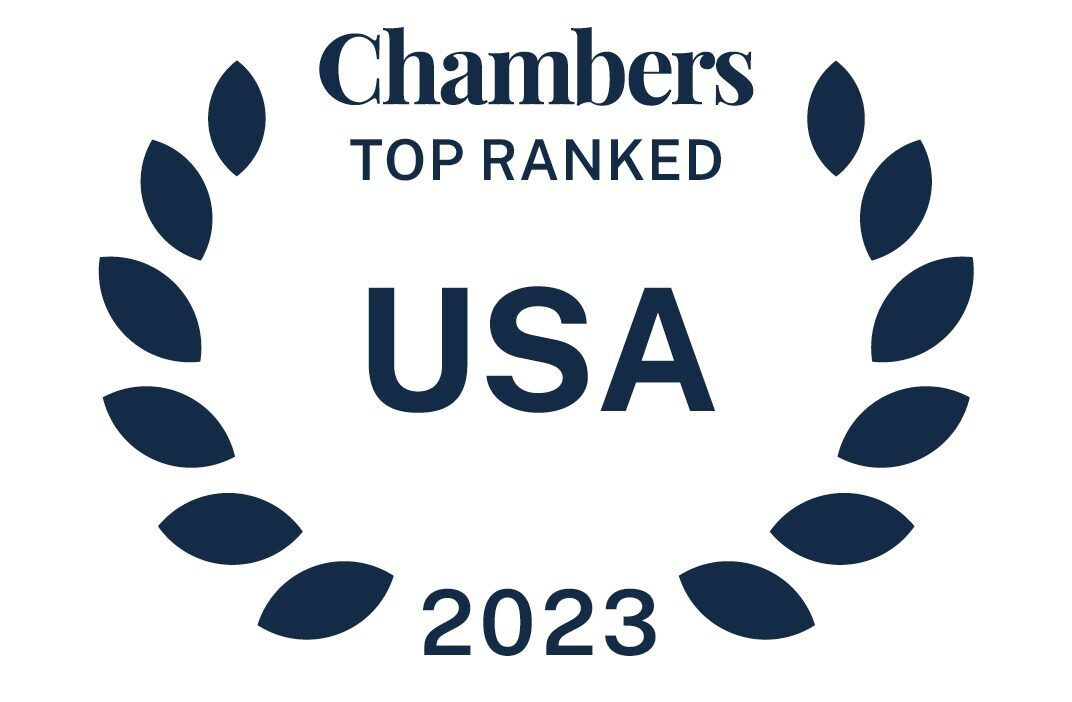Trending in Telehealth highlights state legislative and regulatory developments that impact the healthcare providers, telehealth and digital health companies, pharmacists and technology companies that deliver and facilitate the delivery of virtual care.
Trending in the past week:
- Standards of practice
- Interstate compacts
A CLOSER LOOK
Finalized Legislation & Rulemaking
- Alaska’s Department of Commerce, Community, and Economic Development issued a final rule to clarify that the Alaska Board of Nursing may discipline a licensee by assessing a civil fine, in accordance with central licensing statutes, for each finding the board makes of a cause for discipline. The final rule also updates the standard of practice for advanced practice registered nurses (APRNs) for services provided via telehealth and adopts by reference the American Association of Nurse Practitioners’ position statement on telehealth. While the position statement reflects broad support for telehealth and payment parity, the final rule is much more specific. Effective January 5, 2024, 12 AAC 44.925 will be readopted to clarify that an APRN must provide the same standard of care to a patient who is at a different location as would be provided to that patient in person. The final rule also clarifies that an APRN may practice telehealth if (1) the APRN is licensed and (2) the APRN or another licensed healthcare provider is available to provide follow-up care. Finally, the rule provides that for a telehealth encounter, an APRN must complete and document:
-
- The patient’s informed consent to use telehealth technologies;
- A clinical history and review of systems establishing diagnoses and identifying conditions and contraindications to recommended treatment;
- A plan of care that lists all recommendations and prescriptions issued by electronic means;
- The patient and provider locations at the time of the telehealth visit; and
- The provider-patient relationship prior to prescribing.
- As previewed last week, Wisconsin enacted SB 196 and SB 197. The bills enact the Counseling Compact and Audiology and Speech-Language Pathology Interstate Compact.
Legislation & Rulemaking Activity in Proposal Phase
Highlights:
- New Jersey AB 5311 passed the General Assembly with a vote of 73-0. If enacted, the bill would enter New Jersey into the Counseling Compact.
Why it matters:
- There continues to be an increase in activity surrounding licensure compacts. Consistent with past months, states intend to close the year by adopting interstate compacts for a variety of professionals. In general, these state efforts ease the burdens of the licensing process and demonstrate a desire to facilitate multijurisdictional practice without giving up authority over professional licensure.
- States continue to amend and clarify telehealth-related standards of care. Following the advent of novel telehealth-related modalities, states continue to adopt and revise the definition of various standards of care to address telehealth-related concerns and provide certainty for providers predominately practicing in the remote space.
Telehealth is an important development in care [...]
Continue Reading
read more


 Subscribe
Subscribe

